A wave of political violence has once again rocked Malawi’s road to the September general elections after suspected Democratic Progressive Party (DPP) cadres ambushed and viciously attacked a truck carrying Malawi Congress Party (MCP) supporters at Mpale in Mangochi.
The truck was transporting MCP supporters who had just attended a historic and peaceful campaign and manifesto launch rally by President Dr. Lazarus McCarthy Chakwera in the lakeshore district.
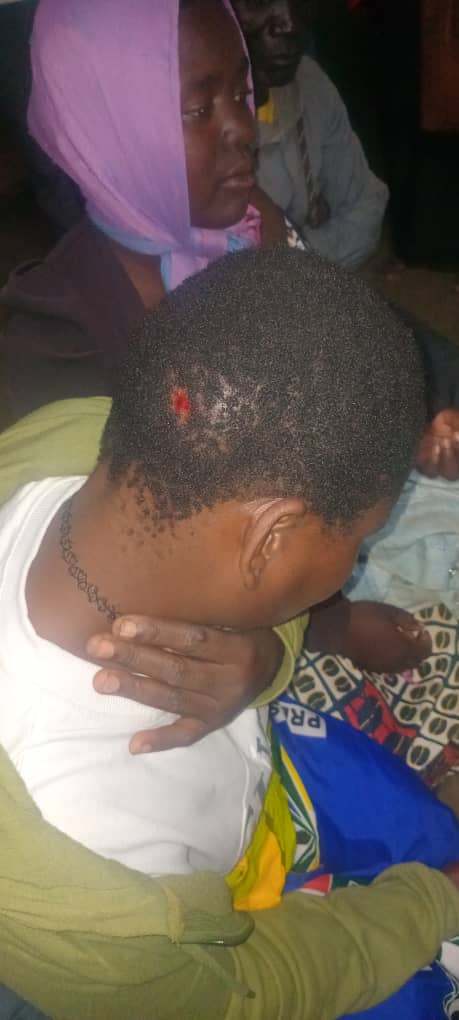
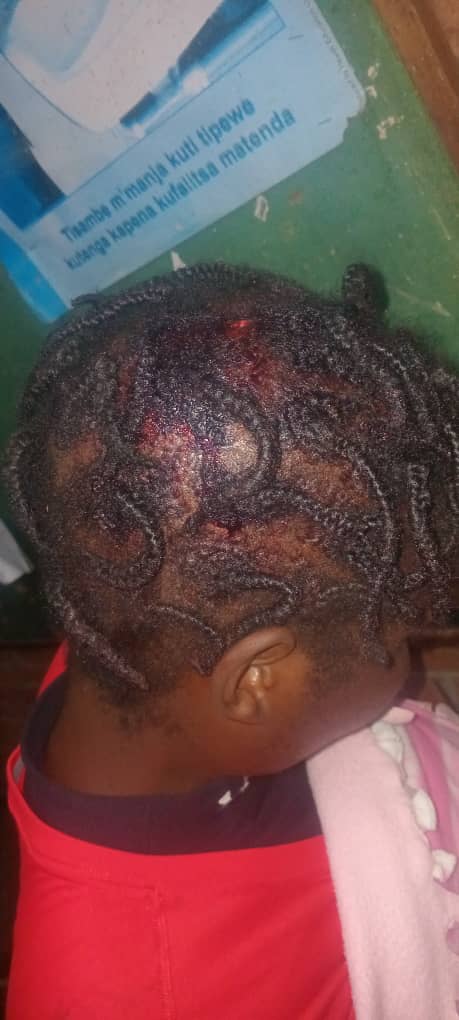
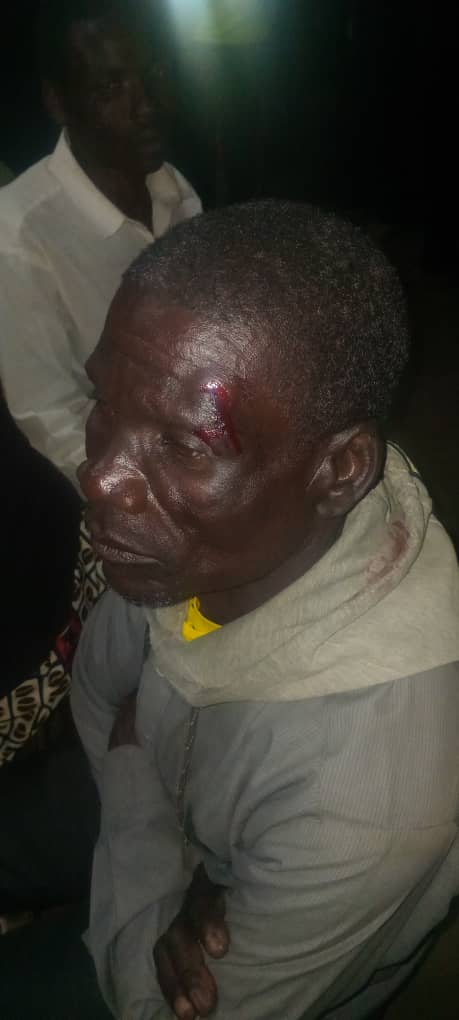
Eyewitnesses and health officials confirmed that at least 18 people were seriously injured in the attack, many of whom suffered deep machete wounds. Seven of the injured are currently admitted at St. Luke’s Hospital in Zomba, while another eleven were treated at Machinga District Hospital.
Medical staff at St. Luke’s Hospital confirmed that the seven admitted patients are in stable condition but were hospitalized primarily due to severe blood loss. The eleven others, who were rushed to Machinga District Hospital, received emergency treatment and were later discharged.
Police in Mangochi have confirmed the incident and announced that investigations are underway, although no arrests have been made by the time of publication.
“We can confirm that an attack occurred involving MCP supporters returning from the rally. Investigations have been launched,” said a senior Mangochi police officer who declined to be named.
Health authorities at both St. Luke’s and Machinga hospitals also corroborated the incident, confirming that victims arrived in groups with multiple lacerations, bruises, and shock-related symptoms.
The brutal incident has sent shockwaves across the country and fueled concerns about DPP’s tactics to destabilize the democratic process ahead of the 2025 polls. This is not the first time the party has been linked to violence and attempts to intimidate political opponents.
Observers say the DPP appears increasingly desperate as internal divisions, leadership confusion, and the frail health of its presidential candidate, Arthur Peter Mutharika, continue to weaken the party’s public standing.
Over the past three months, there have been multiple coordinated efforts to disrupt MCP rallies and spark localized chaos in regions where the DPP is struggling to regain support.
Many of these incidents have gone unpunished, emboldening cadres who see violence as a tool for regaining political relevance.
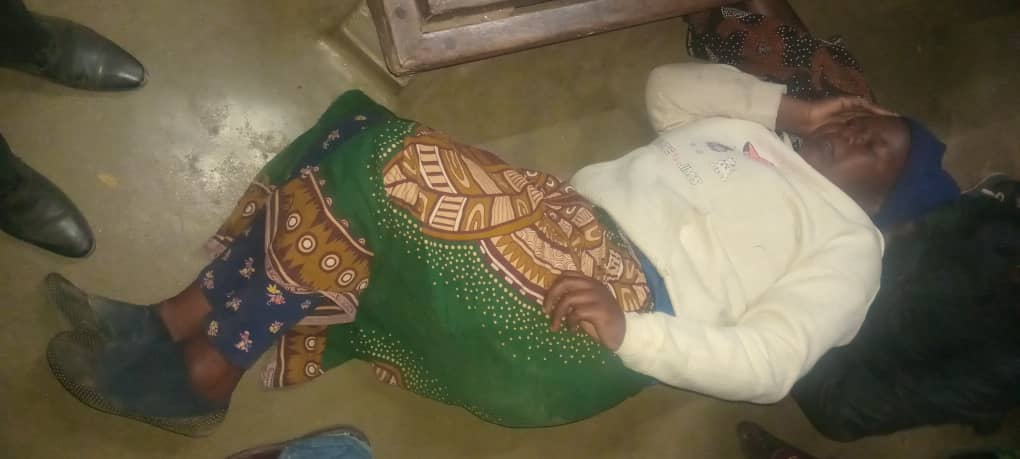
“This was a well-planned ambush targeting unarmed civilians returning from a peaceful democratic gathering,” said a senior MCP regional official who witnessed the attack’s aftermath.
Ironically, the ambush came on the heels of what many described as a groundbreaking and peaceful rally by President Dr. Chakwera in Mangochi. The event, held in the heart of what used to be a UDF stronghold, later dominated by the DPP, drew thousands of enthusiastic supporters and symbolized a major shift in the region’s political landscape.
“This was the biggest MCP gathering ever seen in Mangochi. It proved that the tide is turning in the East,” said political analyst Gladwell Matemba. “That’s precisely what has rattled the DPP.”
Indeed, for a region long regarded as the DPP’s backyard, the scale of support for MCP in Mangochi sent a strong signal that political allegiance in the Eastern Region is not static. It also appeared to trigger an irrational and violent response from rival camps.
Several survivors who escaped the scene with minor injuries described how a group of men wearing DPP-branded regalia blocked the road and began hurling stones before pulling out pangas (machetes) and attacking the unarmed passengers.
“They surrounded us. We didn’t even see them coming. They wore blue shirts with DPP logos. One of them shouted that we don’t belong in Mangochi,” said one survivor who asked not to be named.
Another young woman, whose leg was fractured in the chaos, recounted how she was pulled off the truck and kicked repeatedly before she was left for dead.
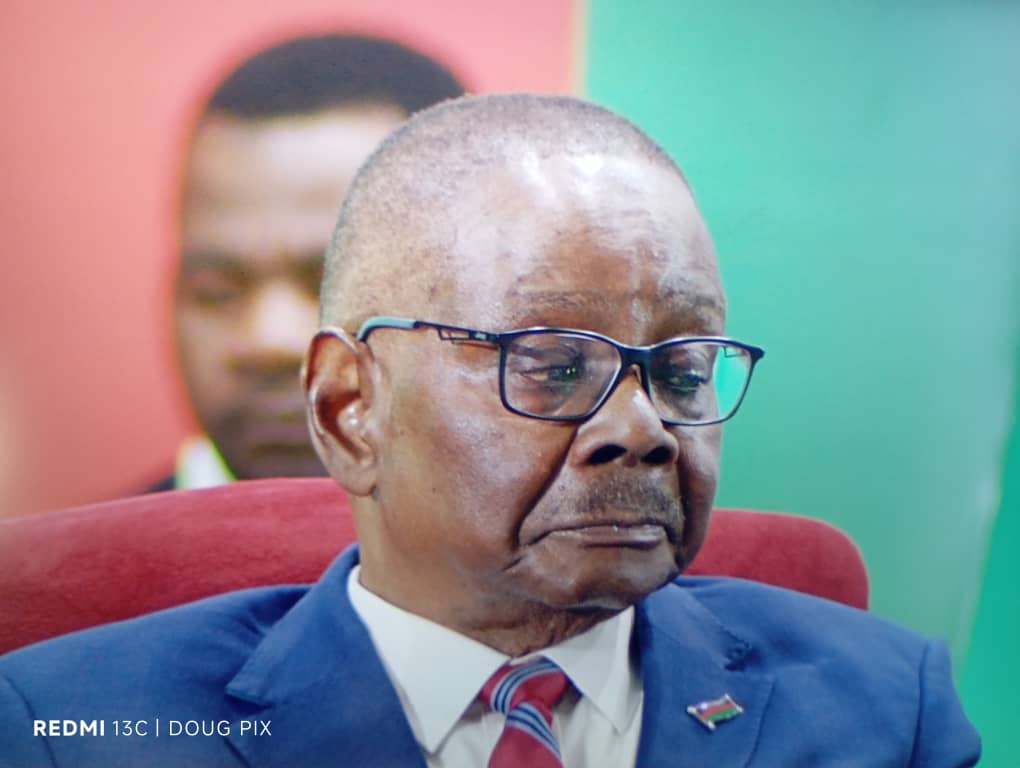
This latest attack fits into a disturbing pattern of violence linked to the DPP, dating back to previous elections. The DPP has cultivated a reputation for orchestrating political terror under the guise of multiparty democracy.
What makes this incident more troubling is that it occurred within days of DPP’s own chaotic nomination paper presentation, where their candidate, former President Mutharika, was escorted in visibly fragile health, surrounded by tense and disinterested party heavyweights.
Observers suggest the party is attempting to distract from its internal dysfunction and weak campaign strategy by turning to violence, hoping to create fear and tension to suppress opposition turnout in rural areas.
The Malawi Congress Party has since strongly condemned the attack, calling it “cowardly, criminal, and a desperate act by a party with no vision and no future.”
“This kind of barbaric violence has no place in Malawi. We are calling on the police and electoral authorities to act decisively. If these thugs are not punished, then the whole electoral process will be compromised,” said the MCP senior member in the eastern region.
He also urged MCP supporters to remain calm and avoid retaliation, emphasizing that democracy is won through votes, not machetes.
As the country inches closer to the high-stakes September polls, the Malawi Electoral Commission and security agencies must demonstrate their neutrality and capability to manage escalating political tensions. The public needs assurances that the country will not descend into a cycle of electoral violence reminiscent of the 2019–2020 post-election crisis.
Human rights groups have also called on the Malawi Human Rights Commission and international observers to take note of the incident and pressure authorities to guarantee the safety of all political participants, regardless of party affiliation.
The attack in Mpale is not just an act of political desperation, it is a stark warning that Malawi’s hard-won democratic gains are under threat. A party that resorts to violence to stay relevant is a party unfit to lead. And unless swift action is taken, this could mark the beginning of a very dark chapter in Malawi’s electoral history.
As one elderly Mangochi resident lamented after the attack: “If politics has come to this where we must fear for our lives just to attend a rally, then we are not in a democracy anymore. We are in danger.”
The ball is now in the court of law enforcement and the electoral commission. The question is: Will they act, or will they watch Malawi burn again?







